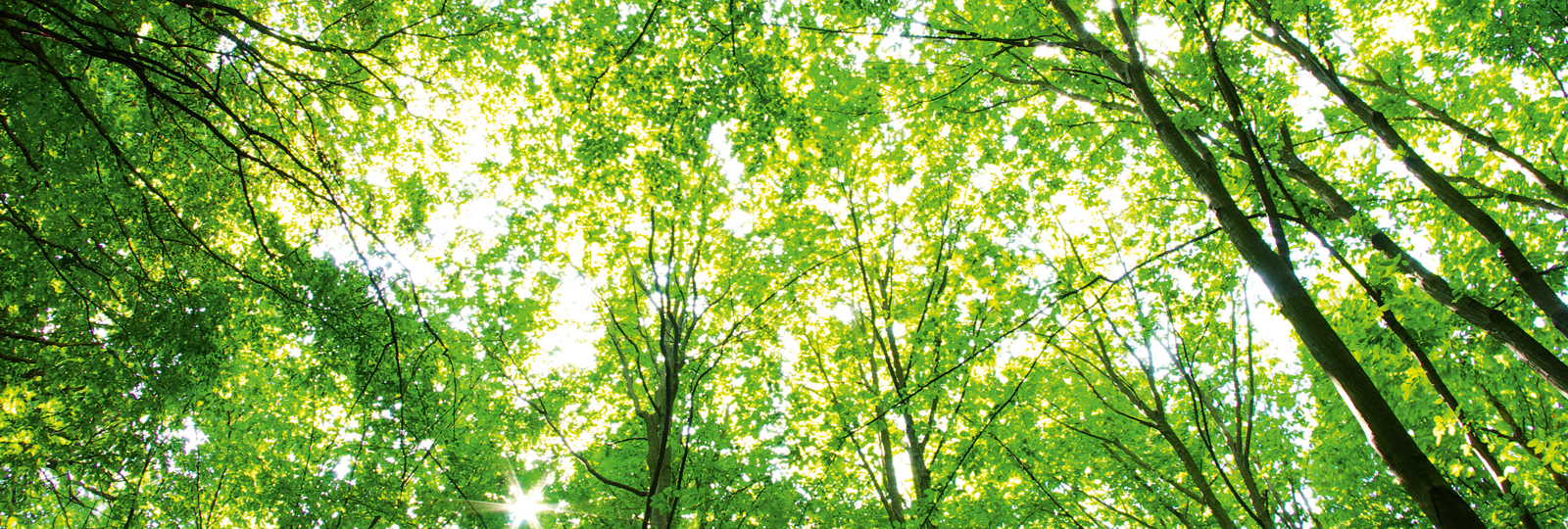Quality and environmental protection Thinking about the future today
What is quality? For Brillux, one thing is certain: It's about more than just the quality of products. For us, quality also means thinking about the future today. Because we firmly believe that we live off our environment and it is our duty to protect it. We combine this approach with an uncompromising focus on quality: A product is only perfect if it is both environmentally-friendly and also meets the high demands of our customers from trade, retail, planning and industry.
Quality from the start
Quality and environmental protection go hand-in-hand for us: In our own four plants, we work with forward-looking plants and environmentally-friendly methods. The Brillux plants are among the most state-of-the-art in Europe with regard to plants, technology and energy efficiency.
Innovative techniques such as pigging for cleaning the feed lines reduce the water consumption to a minimum. Photovoltaics, cogeneration and all options for heat recovery help to reduce the energy consumption while also increasing production. A large portion of the energy used for production is used for heating the offices, production area and the warehouse through heat recovery.
Health- and environmentally-friendly materials
During the material selection, health aspects are playing an ever increasing role in light of the rise in allergies. The quality and environmentally-friendly nature of the Brillux products are also confirmed with numerous quality and test seals, including the "Blue Angel" eco-label, which has been setting standards since 1978 and defines requirements with regard to health, environment and consumer protection.

Brillux was one of the first suppliers to establish aromatics-free enamel paints and woodstains and, with Brillux Lacryl, offers a complete range of water-based, low-emission acrylic coatings.

Completely without solvents: Our low-emission ELF emulsions (interior paints, facade paints) also set standards. They are health-compatible and impress with optimal product and application properties.

Sustainable climate protection: The Brillux thermal insulating composite systems play an important role here. They help to drastically reduce the energy consumption in buildings.
DGNB
Brillux is a member of DGNB
The German Sustainable Building Council, or DGNB® for short (Deutsche Gesellschaft für nachhaltiges Bauen e.V.), is a non-profit association. It aims to promote sustainable building and to set up a platform of expertise on the topic of sustainability in constructed environments.
In this context, sustainable building means "planning, managing and using the constructed environment for the good of everyone with no negative impact on the interests of future generations." The basis of this self-image is the interplay between efficiency, sufficiency and consistency as a "philosophy for strong sustainability" (according to Prof. Konrad Ott, researcher and lecturer in the field of environmental ethics).
Another important task of the DGNB: To make it possible to describe, measure and assess sustainability in the constructed environment – i.e. to create transparency and comparability as a basis for improved quality in our constructed environment.
IBU
Brillux is a member of IBU
The Institut Bauen und Umwelt e. V., or IBU for short, is an initiative of manufacturers of building products, which organizes the environmental product declaration system in Germany. The environmental product declaration (EPD) is a globally recognized eco-label for buildings (Type III – environmental declaration). It provides information on the impacts of building materials and structural elements on the environment and therefore forms the basis for calculating and assessing the sustainability of buildings.




